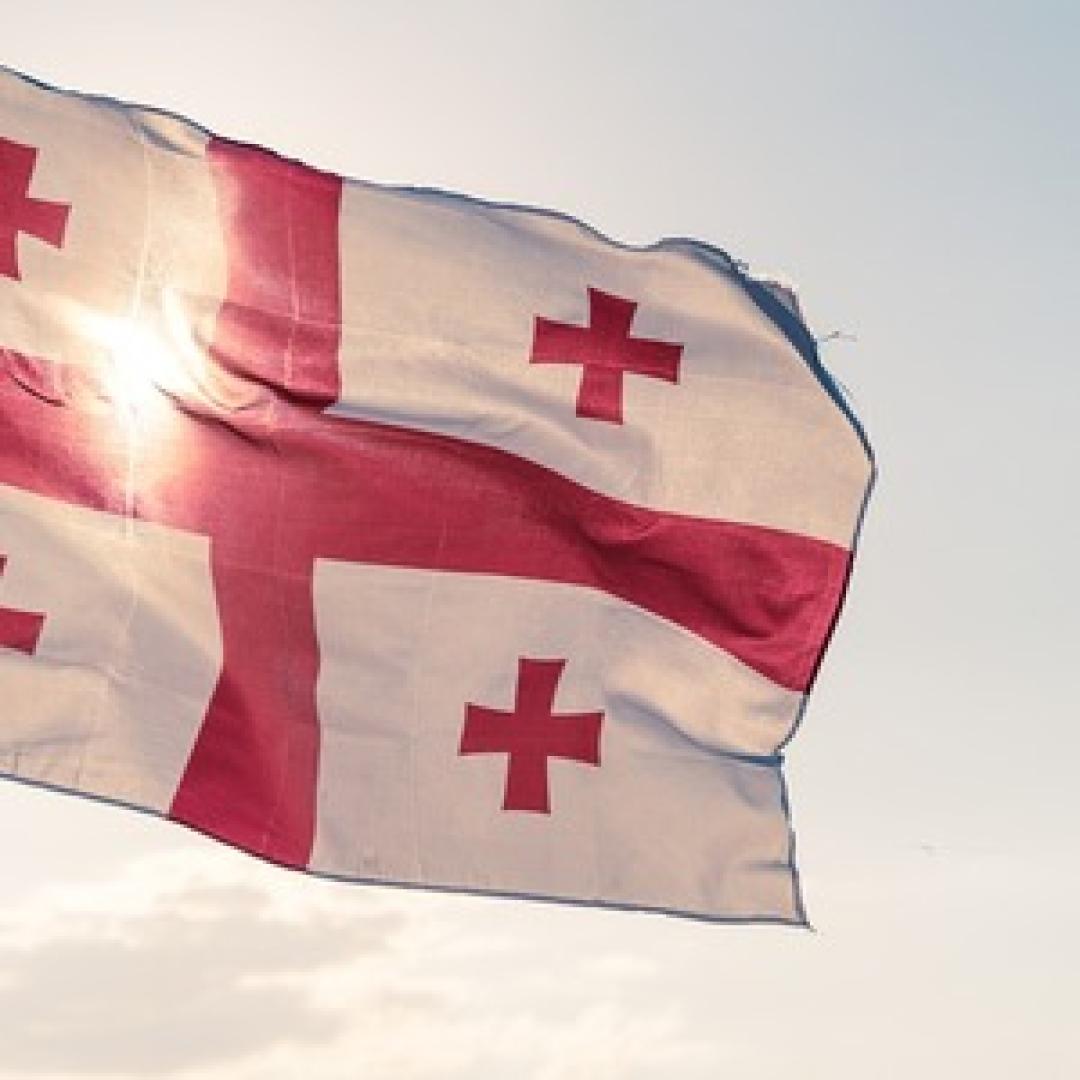
Georgian Ombudsman's report on July 5 pogrom and cartographers' case in focus

Georgia's human rights status did not improve in 2021, and in some regions, it worsened dramatically. This was revealed by Georgia's Public Defender Nino Lomjaria, who delivered a report on the position of human rights in Georgia in 2021.
According to Lomjaria, the State Inspector Service was eliminated in 2021, which breached the independence of state institutions concerned in the protection of human rights in the nation. The goal, according to the Ombudsman, was to interfere with the activities of an independent body in order to influence it; other legislative changes have also been made that significantly worsen the degree of independence of Georgian judges, the state of the justice system, and the right to a fair trial.
The formation of a politically unbiased prosecutor's office in the country, according to the Ombudsman, remains a challenging task. "The prosecutor's office's examination of a number of instances showed substantial flaws that did not fulfil the standards for a successful inquiry." The so-called "Cartographer's Case" is one example, according to the study, in which "the initiation of the inquiry and its conduct have evident political connotations, and there are also severe legal flaws in the case."
According to the Public Defender, there has been a trend in recent years to further restrict the area for free expression. The hazardous and hostile atmosphere in which journalists, civil society activists, and human rights defenders work is disturbing, according to the research.
According to the report, law enforcement officials used excessive force to disperse the crowds. In addition, incidents of administrative arrests of assembly participants did not fulfil the legal standards in many ways; the report alludes to the pogrom on July 5, 2021. This is "one of the darkest days in the country's recent history, when the state responsible for defending human rights and security failed to execute its role," according to the Ombudsman.
The events of July 5 demonstrate that the government not only failed to prevent violence against journalists, the LGBT+ community, activists, and people in general, posing a serious threat to their health and safety, but also included discriminating remarks from high-ranking officials.
According to the Public Defender's report, the situation in prisons is a significant concern, and prisoners are being "silenced" in numerous ways. The biggest issue in this regard is informal administration in prisons, which seeks to quiet inmates, keep them from talking about their difficulties, and preserve an artificial sense of order in the prisons.
The deinstitutionalisation of large institutions is the subject of the Public Defender's report. This is a concern in mental facilities as well as sizeable institutions for children and persons with disabilities. Long-term hospitalisation of patients in mental hospitals, according to the statement, remains a difficulty. Patients who do not require active treatment are unable to leave the hospital due to a lack of specialist services and a lack of alternatives.
Over the years, the Ombudsman's report has highlighted the issues related with gender-based violence (femicides). "There are no signs of a decrease in the number of incidents of femicide and attempted femicide." Unfortunately, the number of incidents leading to women committing themselves or attempting suicide has grown in recent years. "In 2021, 22 incidents of female murder and 31 occurrences of female attempted murder were detected," the warning continues.
The situation in Georgia's occupied areas is also discussed in the report. Unfortunately, the practise of unlawful imprisonment and ill-treatment of civilians persists, according to the paper. The unlawful "borderization" practise is also continuing. "The de facto administration entirely closed the so-called checkpoint in the direction of occupied Akhalgori on September 4, 2019. As a result, the situation in the region is still heated, and a humanitarian catastrophe has arisen.” The study states that "access to education in the native language in the occupied territories continues to be a severe concern, as evidenced by the fact that the number of students in both regions is falling every year."
See Also


Armenia Records 5.9% GDP Growth in 2024, Missing 7% Goal

Yerevan Balances Strategic Ties with Both US and Russia, Says Foreign Minister

FM Mirzoyan: Peace Deal with Azerbaijan Is Within Reach

Pashinyan and Erdogan Hold Call, Reaffirm Commitment to Ongoing Dialogue

